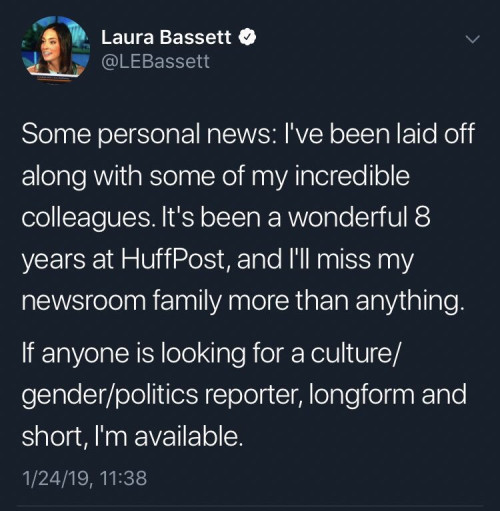…or, as some might call it, benign colonialism. Looks like somebody’s about to get rich, real quickly:
On the coast of South America, just north of Brazil, lies the obscure and impoverished former British colony of Guyana, distantly remembered for a bizarre mass suicide four decades ago that begot the term “drinking the Kool-Aid.”
But today, the discovery of a massive trove of oil off its shores, including two finds just this week, put Guyana on the cusp of becoming one of the world’s wealthiest nations, in the league of petro-states like Qatar.
How big a trove?
Since 2016, Exxon has made a dozen discoveries in Guyana that now total more than 5 billion barrels of recoverable reserves. This is enormous — for perspective, the industry calls a 1-billion-barrel field a “supergiant.”
Needless to say, the Guyanese are totally unprepared for this:
Guyana has barely gotten organized for what, in other countries, has triggered a free-for-all of chaos, corruption and war.
The country has been in political turmoil since last year. In December, the Parliament ousted the government of President David Granger in a vote of no confidence. That set in motion new elections within 90 days, but the government is challenging the move in court.
No plan has been devised for how to begin to build and upgrade the country’s roads, communications and institutions. Neither is there a plan for building up the capital of Georgetown.
No one has determined how to both husband the wealth, and to share it.
Insanally said the reaction in Guyana runs the gamut: “There are people who are excited, people who are apprehensive, and people who think oil should be avoided as a curse altogether.”
Ordinarily, I’d suggest that as Exxon/Mobil is an American company, that they (or the U.S. or even British governments) should step in and lend a helping hand in the organization. But that would lead to loud cries of “Colonialissssssss!” from the Usual Suspects.
My modest proposal, therefore, is a little different: let Norway step up to the plate and show Guyana what they did with, I should point out, a relatively much smaller income stream than the one under discussion. After all, nobody associates Norway with eeeevil colonialism, and indeed, the “Scandinavian model” is applauded by all the neo- and actual socialists out there. And let’s be honest, if nobody on the West gets involved, then the Venezuelans will.
It may fail, of course, because nobody can fuck up a Good Thing better than the socialists — except of course for the Third World, who could fuck up Paradise in an afternoon without any effort at all.
But it’s worth a try. Come on, Norway: uff da, or whatever.








